India's Path To UAP Leadership.
Part 2 - Domestic Strategy

As India embarks on its journey towards UAP leadership, a comprehensive international strategy becomes paramount to counterbalance the decades-long head start enjoyed by other nations in studying unidentified aerial phenomena. Let’s delve into twelve strategic actions that India should deftly execute to navigate this intricate landscape and assert its position as a frontrunner in UAP research.
#1
Global Intel Gathering:
It’s imperative for India to swiftly gather intelligence on UAP retrieval programs worldwide. By employing both covert and overt approaches, India can expedite its learning curve and bridge the gap created by the US’s decades-long head start in this field.
Initiating constructive conversations with partner nations eager to exchange their UAP research insights can significantly accelerate India’s progress in this field. By engaging in collaborative efforts, India can efficiently navigate potential challenges and draw upon the wisdom gained from those who have already embarked on the exploration of unidentified aerial phenomena. This strategic approach streamlines India’s trajectory toward UAP leadership.
#2
Collaborative Outreach:
#3
Pursue De-escalation:
By harmonizing UAP research objectives with India’s steadfast dedication to global disarmament, India can solidify its role as a catalyst for peace. Endeavoring to halt the UAP arms race not only showcases India’s diplomatic acumen but also resonates with the international community. This strategic alignment reinforces India’s commitment to fostering a more secure and cooperative global landscape.
Collaborating closely with Russia, a pivotal player in the realm of defense and space, offers India a unique opportunity to tap into their technological expertise. Russia’s willingness to share advanced technologies for mutual benefit can aid India in bridging the gap in UAP research capabilities. This alliance not only enhances India’s UAP endeavors but also serves as a strategic move to balance global power dynamics.
#4
Russian Partnership:
#5
Supporting Global Initiatives:
Embracing initiatives such as Project Titan led by San Marino, which seeks to foster open UAP discussions within the United Nations, serves as a testament to India’s unwavering dedication to global collaboration. By actively participating in efforts that promote international dialogue on this perplexing subject, India showcases its commitment to addressing UAP matters collectively on the world stage.
Leveraging the extensive network of the Indian diaspora within foreign governments presents an avenue to access crucial UAP information. This approach draws inspiration from India’s past successes, such as the Civil Nuclear Agreement negotiations with the US. By utilizing the strength of cross-border connections, India can tap into a valuable resource to advocate for collaboration and support in its UAP-related endeavors.
#6
Leverage Diaspora Influence:
#7
Unity For Demand:
Instituting a program for sharing resources with fellow developing nations fosters a collective approach to UAP exploration. By initiating this effort in South Asia and then expanding its scope worldwide, India can rally a united international front. This cooperative strategy reinforces India’s leadership role and underscores its commitment to addressing the UAP phenomenon with global cooperation and solidarity.
Enabling Indian delegates to attend esteemed UAP conferences amplifies India’s global presence in UAP research. Active engagement in these events fosters knowledge exchange, cross-border partnerships, and underscores India’s resolute dedication to uncovering the enigmas of UAPs. This participation showcases India’s commitment to international collaboration and its resolve to contribute meaningfully to the ongoing discourse on these perplexing phenomena.
#8
International Conferences Participation:
#9
Forging Academic Ties
Forging robust collaborations between Indian universities and distinguished UAP research ventures like Harvard’s Galileo Project and Ohio State’s UFODATA enhances India’s research prowess while elevating its academic reputation. By cultivating these partnerships, India can access cutting-edge expertise, share insights, and contribute significantly to the global scientific community’s efforts to comprehend the intricacies of UAPs. This strategic cooperation underscores India’s commitment to advancing scientific knowledge and actively participating in the pursuit of truth surrounding these mysterious phenomena.
Engaging proactively with UN committees such as COPUOS positions India as a catalyst for fostering international cooperation in UAP studies. By advocating for intergovernmental collaboration, India strengthens its role in shaping the trajectory of global UAP research endeavors. This strategic involvement demonstrates India’s commitment to addressing the enigma of UAPs through a united international approach, reflecting its leadership in advancing scientific exploration and understanding.
#10
Active UN Participation:
#11
Multilateral Projects:
In case UN engagement proves insufficient, forging alliances with like-minded nations for multilateral UAP research initiatives becomes a viable option. Drawing inspiration from projects like ITER, this approach enables collective exploration of the enigmatic UAP phenomena, uniting nations in their quest for understanding.
Establishing formal agreements with neighboring states and countries within the Indian Ocean Region to exchange real-time UAP data enhances India’s regional influence. This collaborative effort amplifies India’s capabilities in surveillance and all-domain awareness, contributing to a comprehensive understanding of UAP activities.
#12
Regional Partnerships:
By following these well-planned steps, India can carefully navigate the complex world of UAP research with a heightened feeling of urgency and hopefulness. Every outlined action takes India a step closer to becoming a worldwide leader in solving the puzzling mysteries of unknown flying objects. This is incredibly important because catching up with other powerful nations helps India protect its own important abilities and freedom to make its own choices.

